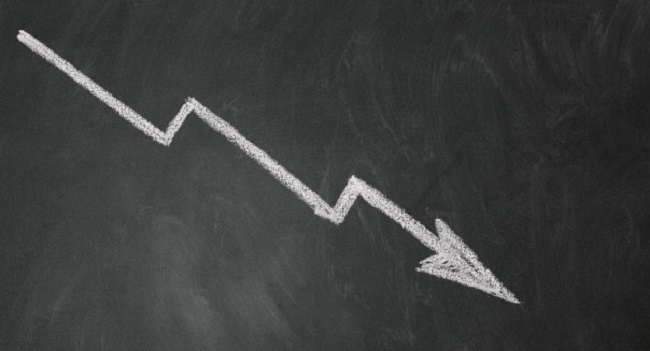There aren't many companies that consumers generally love, but whether it's controversial operating practices, notorious executives or unpopular business models, there are plenty of companies that aren't doing right by consumer perceptions.
Every year, Consumerist offers up 32 candidates to see determine the business that is the most despised. Companies are paired up in tournament fashion, and readers vote. Let's take a look at the final four contenders in Consumerist's 2014 Worst Company in America tourney.
4. Walmart (WMT)
The world's largest retailer may be a haven of cheap prices, but it's also a popular target for the low wages it pays out and its skimpy benefits. Activists are calling for Walmart to provide living wages to all of its hires, asking it to boost its starting wage to $15 an hour.
Walmart counters that it's already doing its part. It employees 2.2 million associates globally, with 1.3 million of those in the United States. Every Walmart Supercenter creates 300 jobs. Yes, the front-line pay stinks, but 75 percent of its store managers — earning between $50,000 and $170,000 a year — started out as hourly associates.
Consumers don't see it in the same positive light, however: Walmart has posted five consecutive quarters of declining comparable store sales.
3. SeaWorld (SEAS)
The marine life theme park operator came under fire after last year's “Blackfish” documentary called out SeaWorld's problems with having killer whales in captivity. SeaWorld countered by arguing that “Blackfish” was more propaganda than documentary, pointing out fallacies that were presented as facts in the film.
The public isn't buying it. SeaWorld's attendance declined 4 percent last year when the rest of the theme park industry posted gains in turnstile clicks. Attendance fell even harder during the first three months of this year, but the timing of the Easter holiday and iffy weather helped keep patrons away.
2. Monsanto (MON)
For better or worse, Monsanto has become the poster child for genetically modified organisms.
The agricultural chemicals giant stands by its GMO products, which include fortified seed traits that result in more bountiful harvests for farmers. It leans on decisions by the World Health Organization, the American Medical Association, the U.S. National Academy of Sciences and the British Royal Society among the organizations that have concluded that genetically modified crops are as safe to eat as food from crops modified by conventional plant improvement techniques like plant breeding.
Many consumers don't see it that way, fearing that corporate greed under the guise of feeding the world is what's driving profits at Monsanto.
Read more: The 4 Companies You Hate the Most



